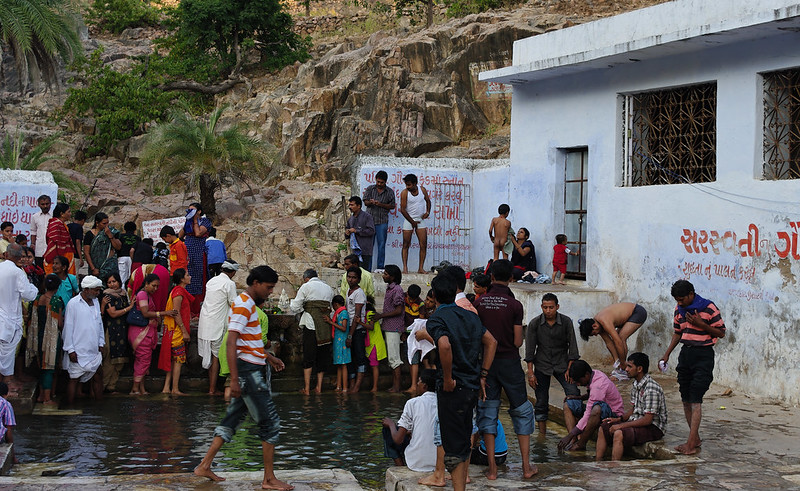Geothermal atlas being created for Gujarat, India

A geothermal atlas with technical details on 17 potential sites is being developed by a team of researchers from PDEU for Gujarat, India.
Researchers from the Centre for Excellence for Geothermal Energy (CEGE) at the Pandit Deendayal Energy University (PDEU) are in the process of developing a geothermal atlas for the state of Gujarat in India. When completed, this geothermal atlas will be submitted to the state government for further exploration.
Seventeen potential sites have already been identified for the atlas – Khar, Warha, Maktupur, Khedapad, Harsan, Tuwa, Mithapur, Lalpur, Dholera, Kawi, Lasundra, Gandhar, Tulsishyam, Savarkundia, Ghogha, Chabsar, and Unai.
Gujarat is an important region for geothermal energy because of the exposure of the Deccan Traps, a layer of basalt that is a good host for geothermal resources. In Gujarat, the thickness of the Deccan Traps is between 400 meters to 1200 meters. If drilled, EGS may be necessary to harness the heat from this hot dry rock reservoir.
According to Prof. Anirdbid Sircar, head of CEGE and dean of R&D at PDEU, the results so far have been encouraging with most of the sites showing potential for medium to high-enthalpy geothermal. The sites were chosen based on geophysical surveys including MT, gravity, magnetic, and seismic surveys. In most cases, the sites also had surface thermal manifestations.
CEGE is currently working at the sites of Dholera and Unai. Unai is the site of a hot spring with a temperature of about 70 degrees Celsius and has been the focal site of interest in developing geothermal since back in 2021.
Source: India Times